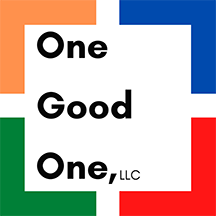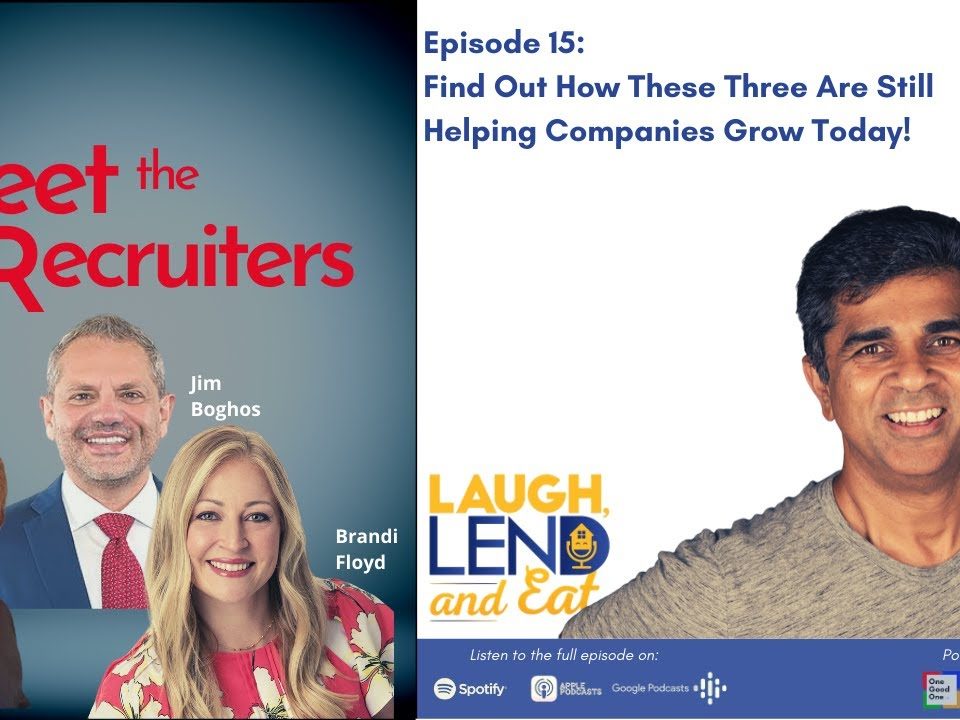
Which Company Is Right For Me?
May 22, 2021As mortgage lenders, it’s important to reach out to all members of the community, including those that might be underserved because of language and cultural barriers.
To truly serve all members of the community, we must go beyond simply translating marketing and loan documents into other languages. The best solution is increase diversity by hiring people who understand communities because they’ve lived in them. They can understand the broad array of issues through immersion in the community.
It’s like the difference between a home-buying client in Chicago versus a client in Atlanta. They’re both performing the same transaction, but they’re speaking separate sub-languages. Having clients from a totally different background, it’s not that far of a stretch to see how limited we are if we concentrate only on the language.
The conversation we need to have is not about speaking to people in their own language, but rather about embracing diversity. To fully establish a brand in a diverse community, companies have to become more multicultural. There is no better way to truly become part of a diverse community than to hire from within that community.
When I owned a mortgage company, I made it a point to hire loan officers from communities other than my own. Sometimes that required hiring a rookie into the industry, and then investing time and resources to properly train and support that individual. My mortgage company became known for the broad diversity in its loan officers, which in time allowed us a significant marketshare of the homebuyers in many different cultural communities.
You don’t have to born into a culture to understand it, but living in a community helps you to know the fine points of its social norms. A simple friendly statement like “You’re crazy!” may be totally acceptable in one community, but might be misinterpreted as an insult that leaves the listener feeling disgraced and humiliated in another community. While a client might not remark on a small gaffe like that, its significance should not be understated. Clients make decisions all the time on how they feel about a brand and its sales professionals: Are they trustworthy? Do they understand my needs? Can they do the job? Do they respect me?
Without a grasp of the diverse culture, it is easy to see where a simple statement can cause the client to take their business elsewhere.
Understanding cultural references can help you reach underserved communities in a much more effective way. Let me share an example that explains what I mean by this. I once had a potential borrower come to my office to sell his house to his son. I figured this was an easy deal where I could get paid for little to no work!
When the borrower arrived and we started talking about his game plan, it soon became clear that his current interest rate was lower than the current rate his son would receive. Why was he insisting on moving forward with the deal?
He explained that a few years ago he had a home, but it had been foreclosed upon after someone placed an “evil eye” curse upon him. That evil eye curse is a common belief I’ve heard shared by many people from his community. He was confident that once he sold his house to his son, the evil eye would not cause him and his family any more troubles.
Something inside of me was moved to share with him a similar story about my grandmother and my father. My grandmother lost four children, two of them boys. When my father was born, she was scared she would lose him as she had lost the previous children due to the “evil eye” someone had placed upon her home. She decided to do a mock sale of her child, my father, to a neighborhood woman. By doing so, the evil eye would be tricked and my father’s life would be saved.
I proposed that instead of selling the house to his son, my potential client sign a mock deed of trust and transfer the home over to his son, thus diverting the evil eye. The prospect’s eyes reflected his relief that someone understood his troubles and his joyful acceptance of my grandmother’s solution. He began to shower me with traditional prayers. While I did not earn a single penny for my advice that day, the number of customers he referred to me in the years following our meeting was enormous. I had earned his trust.
That story is the reason why I believe one of the best ways to serve everyone in our communities is become as diverse as possible. You absolutely should overcome language barriers in social media posts, emails, videos, flyers, postcards and your homebuyer’s guide, but until you diversify the population of people delivering your products and services, you’re not truly serving the community.




